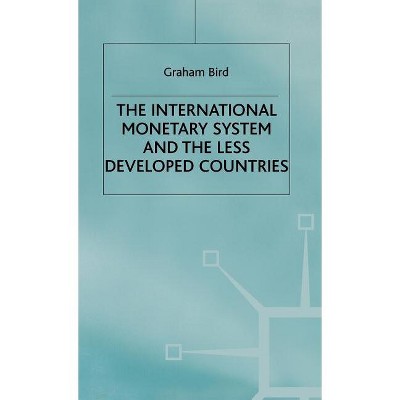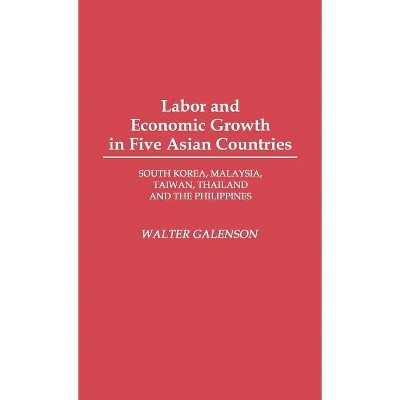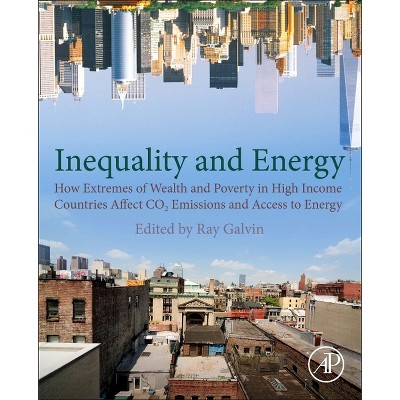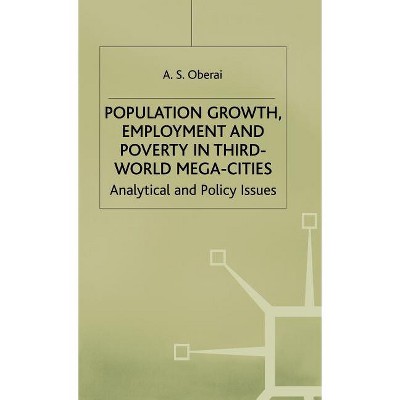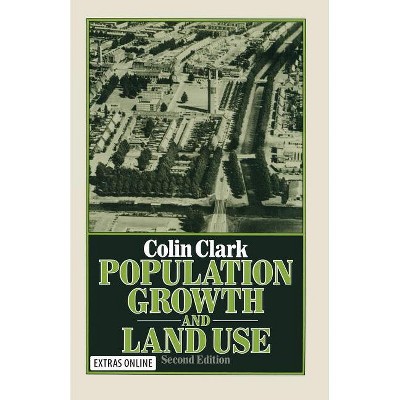Sponsored

Population Growth and Socioeconomic Progress in Less Developed Countries - by Peter N Hess (Hardcover)
In Stock
Sponsored
About this item
Highlights
- This timely study examines fertility rates and their trends and determinants in less-developed countries by testing an empirical, interdisciplinary model of the fertility transition.
- About the Author: PETER N. HESS, Visiting Scholar at the Carolina Population Center of the University of North Carolina at Chapel Hill, is Associate Professor of Economics at Davidson College, North Carolina.
- 184 Pages
- Social Science, Demography
Description
About the Book
This timely study examines fertility rates and their trends and determinants in less-developed countries by testing an empirical, interdisciplinary model of the fertility transition. In light of the current official position of the United States on population and development, the policy implications of the study are timely. According to some experts, interrupting the spiral of rapid growth and attendant economic and ecological deterioration now rivals nuclear disarmament in importance on the international agenda. Among the questions investigated include: Are there identifiable traits for developing nations that have reduced fertility? Has development become the best contraceptive? Have some development strategies been more conducive to lowering fertility? Do family planning programs have significant impacts on fertility?
Book Synopsis
This timely study examines fertility rates and their trends and determinants in less-developed countries by testing an empirical, interdisciplinary model of the fertility transition. In light of the current official position of the United States on population and development, the policy implications of the study are timely. According to some experts, interrupting the spiral of rapid growth and attendant economic and ecological deterioration now rivals nuclear disarmament in importance on the international agenda. Among the questions investigated include: Are there identifiable traits for developing nations that have reduced fertility? Has development become the best contraceptive? Have some development strategies been more conducive to lowering fertility? Do family planning programs have significant impacts on fertility?Review Quotes
?In one of the most comprehensive studies yet undertaken in this area, Hess pulls together an impressive volume and variety of information on the determinants of fertility decline in developing nations, and devises and tests an elaborate model based on data from 49 countries at two different time periods.?-Choice
"In one of the most comprehensive studies yet undertaken in this area, Hess pulls together an impressive volume and variety of information on the determinants of fertility decline in developing nations, and devises and tests an elaborate model based on data from 49 countries at two different time periods."-Choice
About the Author
PETER N. HESS, Visiting Scholar at the Carolina Population Center of the University of North Carolina at Chapel Hill, is Associate Professor of Economics at Davidson College, North Carolina.Shipping details
Return details
Frequently bought together
Trending Non-Fiction












